The 2023 year in review
We made it!

I thought we might take a look back at some of the best work over the past year by the great Hell World contributors. I also threw in some interviews I liked a lot as well as some pieces that are focused on readers writing in with their own perspective on things, like how the student loan pause improved their lives, whether or not people have changed how they behave in a world full of potential gun violence, and the experience of watching their parents die. That was a rough one.
It costs money to pay for good writing. Hell World pays $2-500, usually $3-350, for full pieces, payable the moment the edit is done. The very moment! As far as I understand I'm pretty easy to work with.
If you've learned anything in this newsletter, or been moved by a piece of writing, or just appreciate that there's something a little different than the usual being published, you know what to do. Thanks as always for being here either way.
Meanwhile all of my books and many other OR titles are currently 30% off for the holidays. Find them here.
Ok here you go. Probably a bunch of stuff in here you may have missed unless you read every single issue like some kind of sick pervert.

Vince Mancini and I had a great and wide-ranging discussion about the film The Menu. We also touched on Succession, The Bear, Emily the Criminal, Bodies Bodies Bodies, and other films and shows that had something to say, or wanted to have something to say, about class and labor in the past year or two.
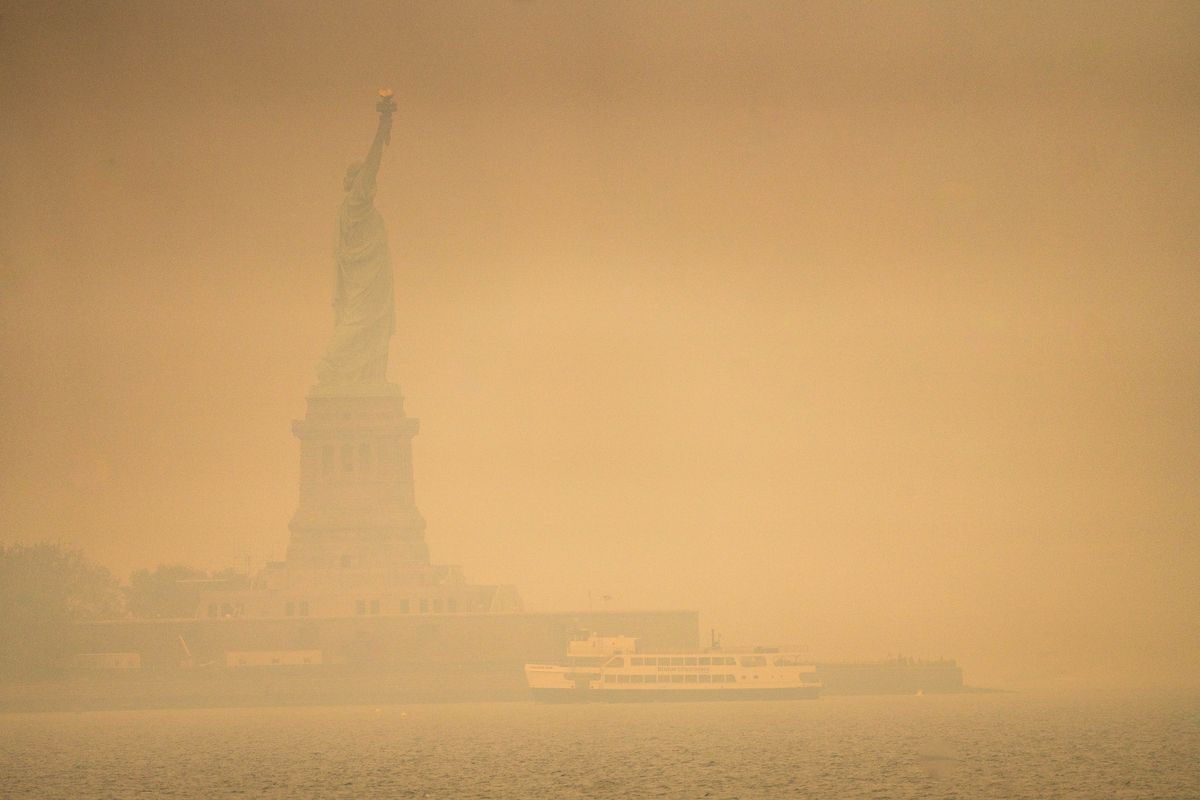
Later on Vince also wrote about the film Flamin' Hot.
Flamin’ Hot, a rags-to-riches tale of corporate success opening this week in theaters and on Hulu, purports to be a story about all those qualities we’re told that capitalism rewards – hard work, big ideas, and being a loyal, enthusiastic employee. If that sounds a bit like a fairytale, that might be because the guy who wrote the memoir upon which it’s based seems to have made it all up. Or at the very least, wildly padded his resume for dramatic effect.
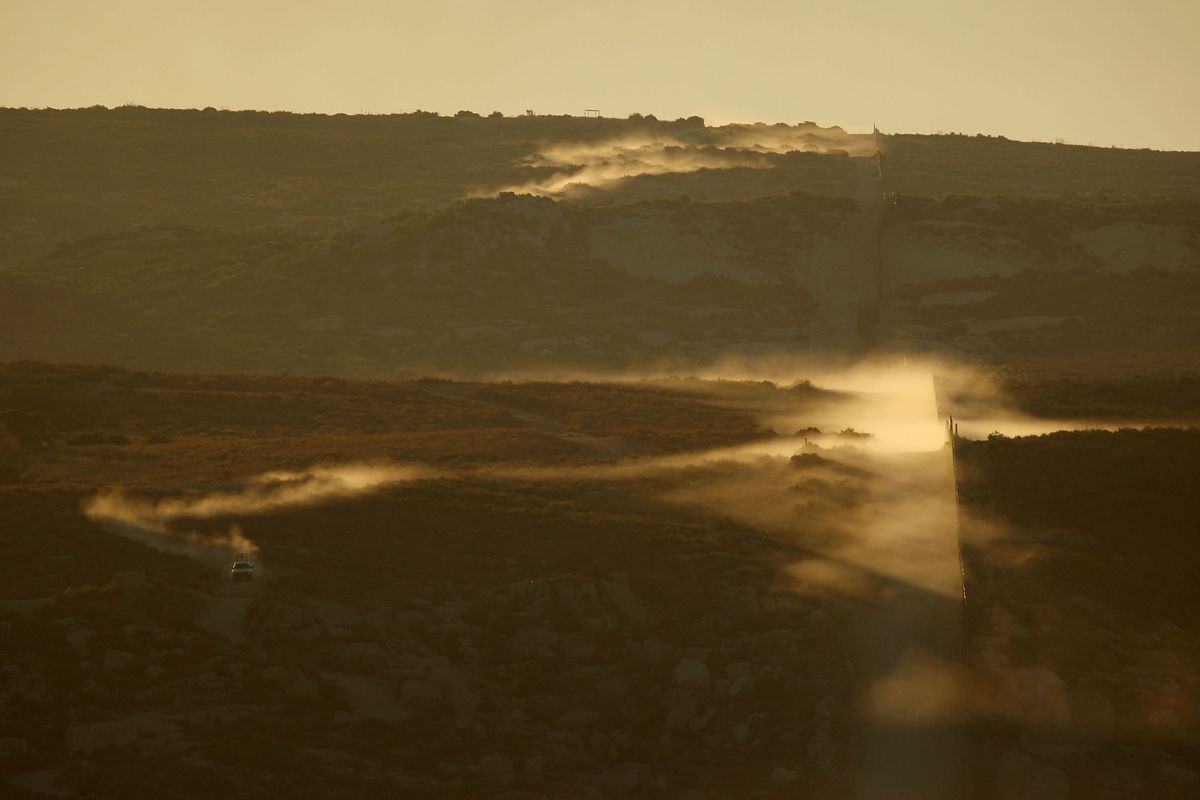
Andreina Kniss wrote about the reinvention of the kinder, gentler concentration camp for unhoused people.
But despite the false promise of services, freedom, and care, the stark reality underlying this fantasy is the forced removal of the unwanted from society. We the civilized (housed), stay here while the uncivilized (unhoused) go over there. Somewhere we don’t have to think or look at them, and where they can learn some respect for the Rule of Law. It’s forced separation of those people whose visible destitution spurs unavoidable cognitive dissonance for passersby who instinctively recognize the injustice that some should have so much, while others suffer and die in the streets of the wealthiest nation in history.

She also wrote about city leaders' continued indifference and hostility to the idea of improving the lives of the unhoused.
We’re going from band-aid to band-aid and it’s costing us lives, money, and the health of our society. We’re ending up with ridiculous, overpriced items like trash cans that people can’t put trash in because they might be helpful to the unhoused, La Sombritas that don’t provide any significant shade, and safe camping sites that don’t house people. We don’t have benches in our parks or sidewalks, public bathrooms, or drinking fountains for these same reasons. Our city planners and those in power are very enthusiastic about chipping away at the fabric of our cities and making things hostile to all human life as long as the poor don’t get any comfort or support as well. Because they know the rich will always be able to buy comfort. They work on making their backyards their parks, they go to private pools at country clubs, and in emergencies they don’t think twice about buying an item so they can use a customer-only bathroom.
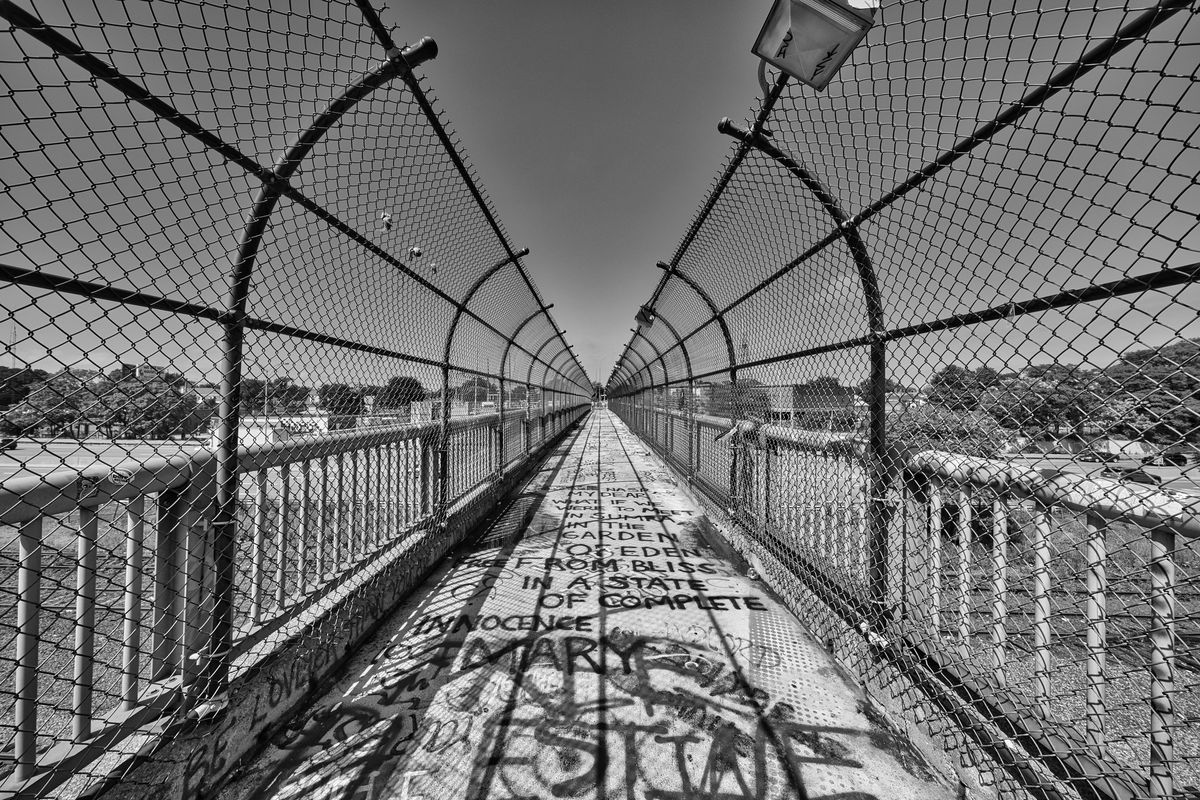
Karen Muller reported on the ongoing displacement of musicians and artists around the city of Boston.
It’s a story that’s likely familiar to artists from any locale known for its creative spark. Think of San Francisco, Brooklyn, or any city with a slogan that enlists your help in keeping it weird: Artists thrive in an affordable neighborhood until real estate speculators capitalize on the charm of the up-and-coming scene. Tech companies and AirBnB empires follow; practice spaces become lab spaces. Artists get encouraged to come up with creative solutions, but the easiest one is to pack up and leave.
Also in that one I asked a bunch of people to tell me about their relationship to their regional accent. Whether like me they sometimes feel a kind of weird internalized shame about it and may have tried to lose it or perhaps instead are proud of their place of origin and have come to embrace it.
I’m a western North Carolina native. I spent years “beating the cornbread out” of my voice so I’d be thought of as smart and articulate instead of some backward, white trash redneck. My kids all have a Broadcaster American accent and no twang or drawl. They make fun of me when my accent slips. The saddest thing is, I used to make fun of my elders who said things like “warsh,” because it embarrassed me. That was how poor, ignorant people talked. I absorbed the classism and passed it down. Now my accent is a poker tell for when I’m upset. I want to reclaim it but feel guilty.
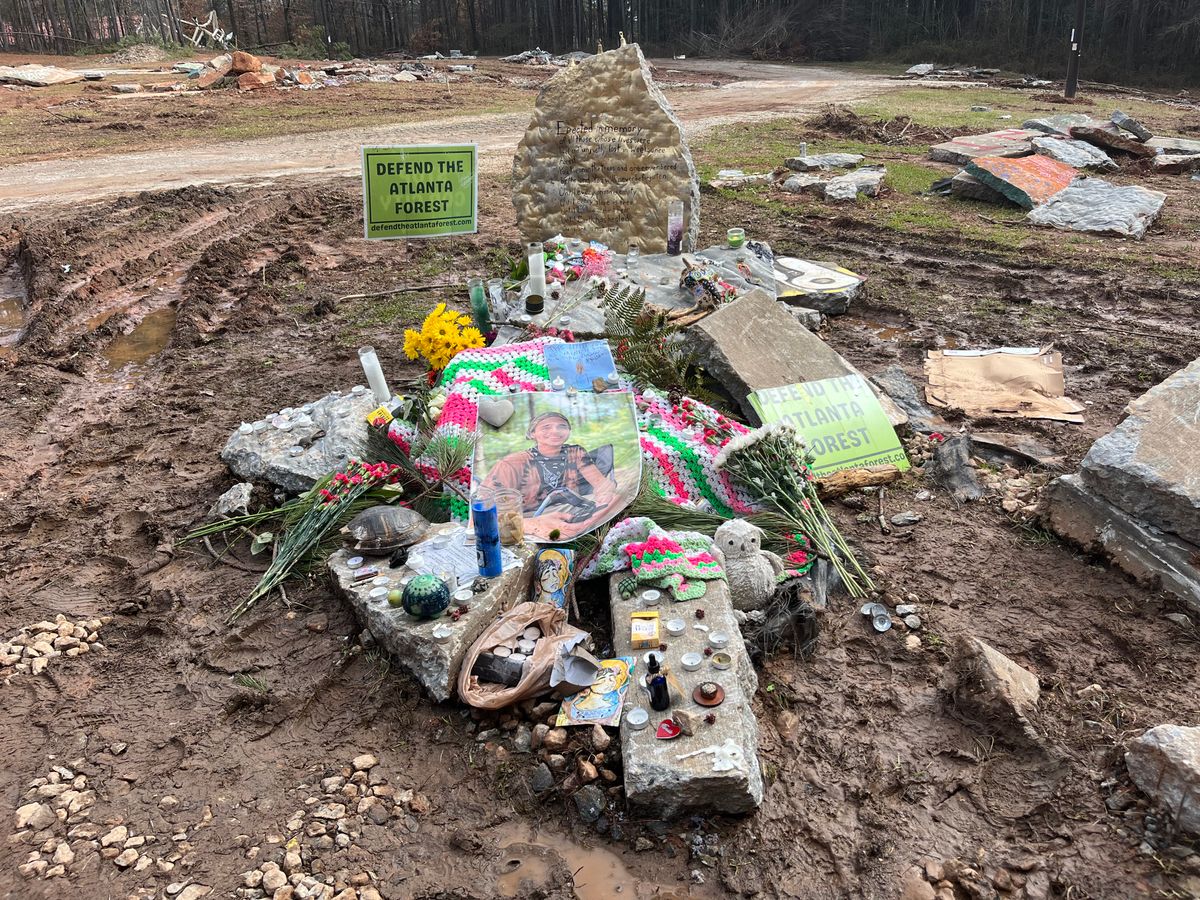
Rachel Garbus wrote on the protests against Cop City in Atlanta and the killing by police of Manuel Teran.
Tortuguita’s death, appalling and unnecessary, was also the predictable result of months of violent escalation by police, whose hunger for a sprawling, 85-acre, $90 million “public safety” training center within the South River Forest has only hardened in the face of fierce public opposition. Since early December 2022, a joint task force comprised of GBI, the Atlanta Police Department, Georgia State Patrol, and several other agencies has waged a campaign to “eliminate the future Atlanta Public Safety Training Center of criminal activity.”

A dispatch from one of the protests in Peru that arose after the attempted self-coup and subsequent removal from power of president Pedro Castillo by Jimena Ledgard.
It feels like all of the air has been sucked out of my lungs in a split second. I lift my shirt up to see if there's a wound. My skin is red and burning but otherwise intact.
“The pellet probably bounced against something else before hitting you,” a photojournalist yells at me over the noise when he sees me checking my stomach. I can hardly hear him. The sound of tear gas canisters and pellets being shot left and right makes the city of Lima feel like a war zone, which it is, in a way.
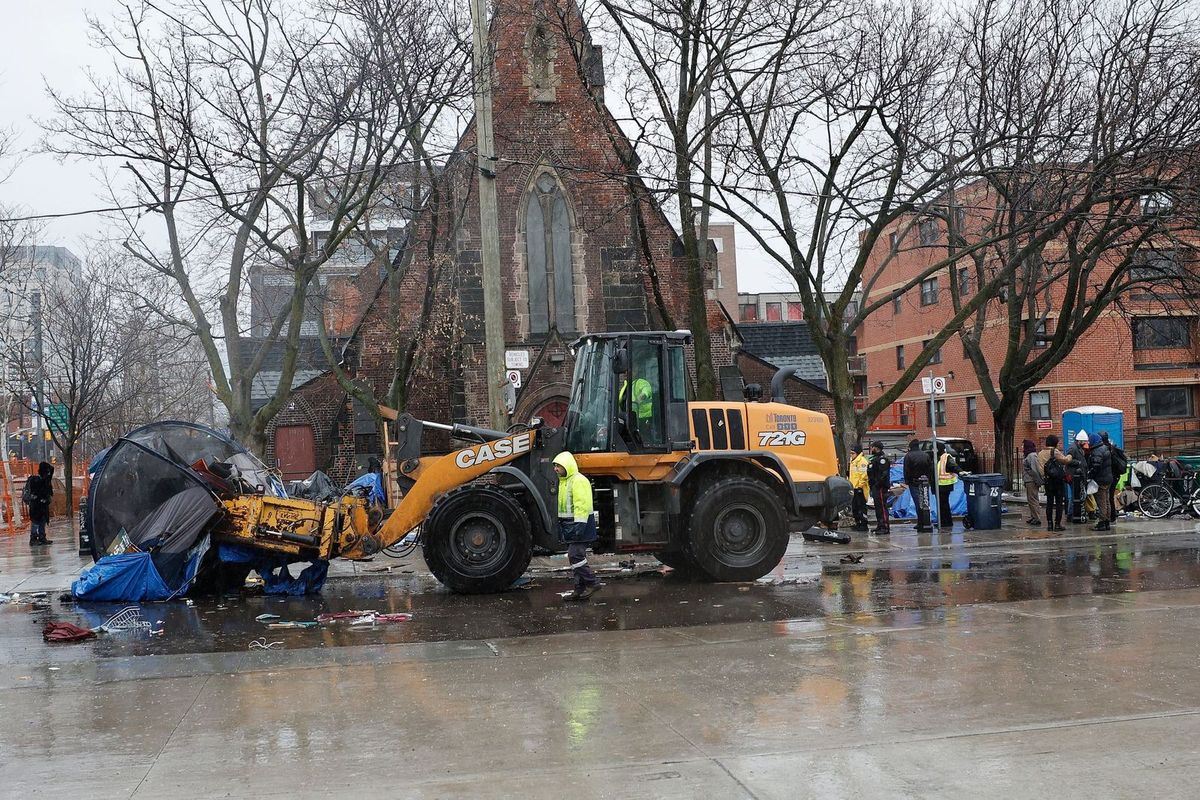
Matthew McCreadie wrote about what he calls the government's "embarrassing response to the Canadian housing crisis" with a bill that makes the purchase of housing by non-Canadians illegal.
"Instead of actually solving the problem, the new legislation is simply another page in the storied history of Canadian anti-Asian racism, playing on xenophobic talking points that are sadly common in Canadian mainstream media."
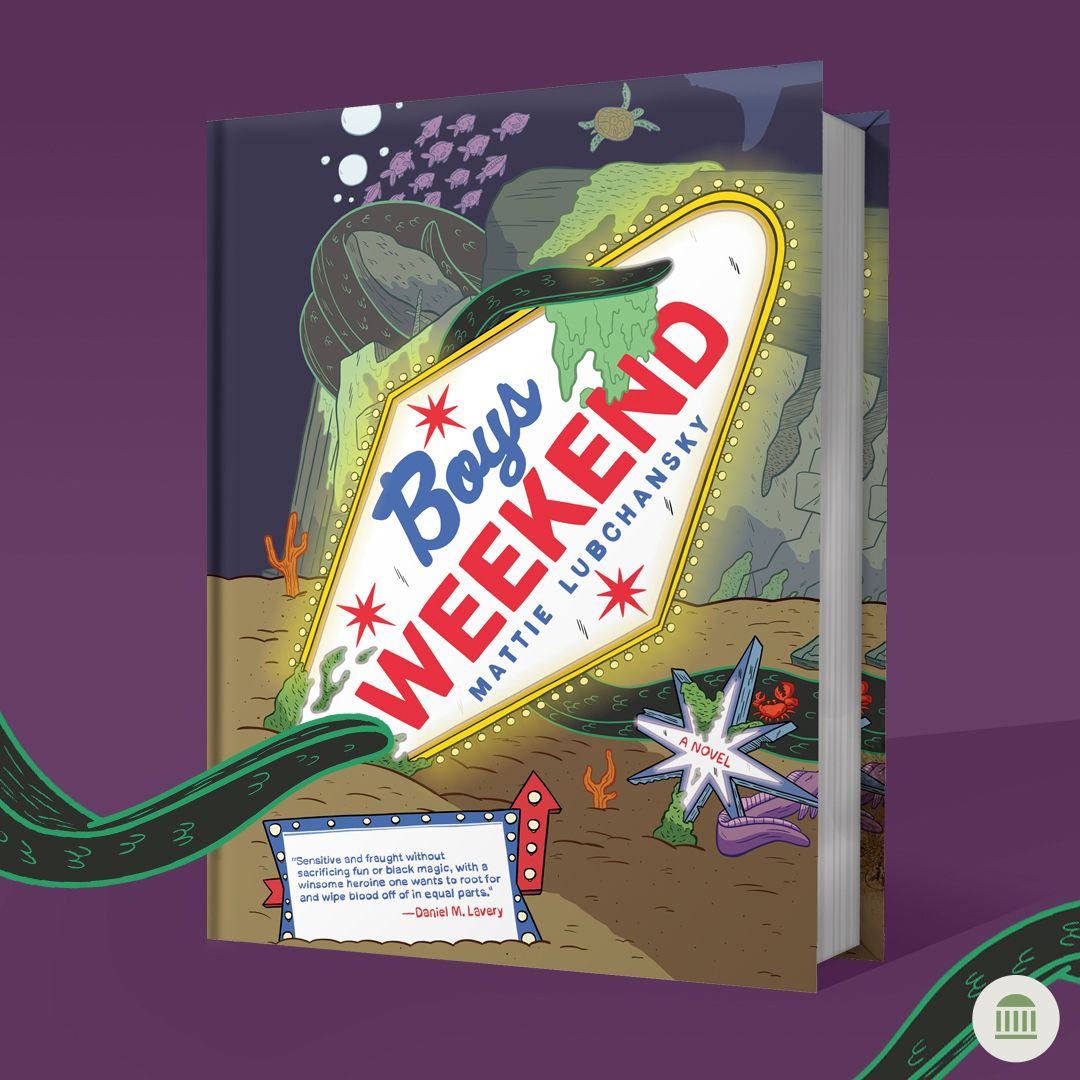
Mattie Lubchansky and I had a great talk about their book Boys Weekend in which a character who has recently transitioned has to take on the role of "best man" for their old college buddy on a trip to a near-future, dystopian, somehow even worse version of Las Vegas. We also talked about the coverage of trans issues in the media.
Ok before you go, a real simple question. The news media: What the fuck is going on there?
I don’t know! I recently saw some examples of the way the New York Times handled anything to do with gay people over the years. There would be an article from like 1963 called something like “growth of overt homosexuality in city provokes wide concern.” Read any article from the news media from the nineties about Satanic Panic shit. They’re just credulous and fall for everything. These newsrooms don’t have any trans people in them, and if they do they get fired or their voices get suppressed.
The people who are promoting the panics are so much better at getting their shit in the newspaper. And when has the newspaper been very interested in the power and autonomy of marginalized people in any case? They’re always on the side of the powerful. It’s pretty cut and dry. This is a bodily autonomy thing, but they found something to sensationalize and they’re going to try to get their fucking clicks out of it. There’s more money in ginning up panic than there is in quelling it.

I talked with S.E. Boyd about their sharp, funny novel The Lemon, a brutal indictment of both the celebrity chef and digital media worlds.
John Doe is obviously a Bourdain-like character. Was there any trepidation about writing a version of someone so beloved like that that a lot of people might be protective of or sensitive about
Maybe a little? But we couldn’t base the Doe character on anyone else, really, because there are no other celebrities that are so revered for being authentic–which is obviously a contradiction in terms: you can’t be famous and authentic, because when you’re famous, you don’t belong to yourself, you lose the ability to define yourself. And that was the heart of the book for us: what does it mean to be real in these worlds? Can you be real and be famous? Can you be real in a celebrity culture, or even a market culture? What do the tradeoffs look like for people trying to get ahead, or even just survive, in those worlds?
We also like playing with this idea we’ve been calling “the celebrity death industrial complex.” That’s when someone beloved dies, and everyone scrambles to glom onto them in some way–out of some impulse to be close to greatness, or feel special, or receive some reflected glory, or even just to burnish their shitty social media brands.
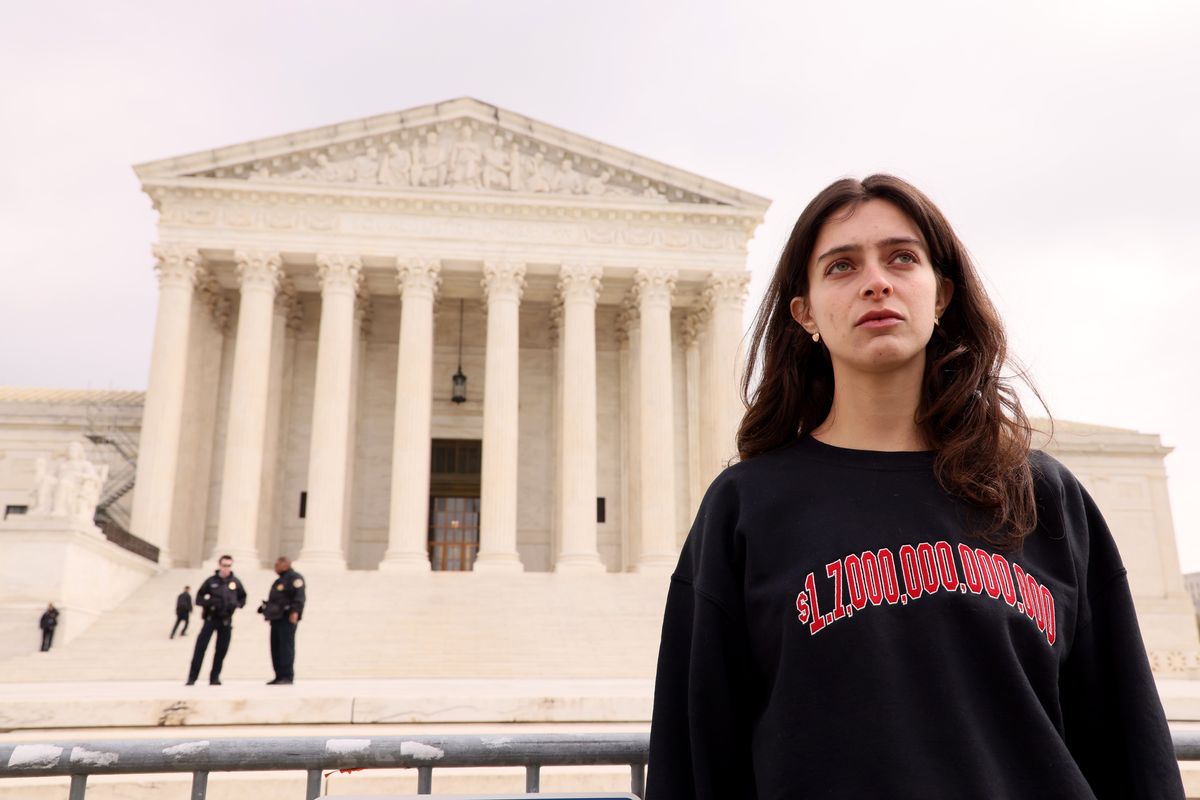
I asked people to explain how having their student loans paused the past couple years has improved their lives.
"It’s one of the best things that's ever happened to me," one person said.
"It was life changing to be honest," said another.
- Not having that extra expense allowed me to actually live in the community I was teaching in, and then also to be able to leave my teaching job and find a better one. No way I could have found my current, happier, more fulfilling gig if I had $400 or whatever worth of loans to pay. I’m a 2020 graduate with a now-irrelevant grad degree.
- We saved enough money that my wife was able to stay home an extra couple months with our new baby.
- It saved me when I was furloughed in the early pandemic and temporarily lost a significant amount of pay. Since then I’ve also been able to buy a house and actually build a savings for emergencies, so it’s been life changing! I'm a first generation college grad in my family. I grew up poor in rural northern CA town that people tend not to get out of, especially those in my Native American community. There's no way I would have been able to attend college without taking out loans. Those loans have been a huge burden for me, though, as they are for most people. Obviously, having that burden lifted during my furlough was really helpful, because I had to make do with so much less, but it was really eye opening once I was able to get back to work full time. Without the weight of the loans I was able to do all the normal stuff that boomers take for granted like buy a house, save for a rainy day, etc.

Hell World's chief Canada-explainer Karen Geier dug into what was going on with the idiotic protests against 15-minute cities up there.
15-minute cities here would, much like Paris is doing, take advantage of streets closed to car traffic. The wide boulevards could then be used for mixed use trails, ample bike parking, and places for pedestrians to sit. The goal is better environmental outcomes and better mental and physical health outcomes for citizens.
Imagine having a chill walk home and getting a bunch of errands done after work instead of being in a car for 3 hours commuting and trying to get the same chores done in a suburban hellscape. Sounds pretty nice and civilized, right?
Not to our no-brain reactionaries, who’ve willfully misinterpreted the remit of 15-minute cities and turned it into a QAnon level conspiracy theory.
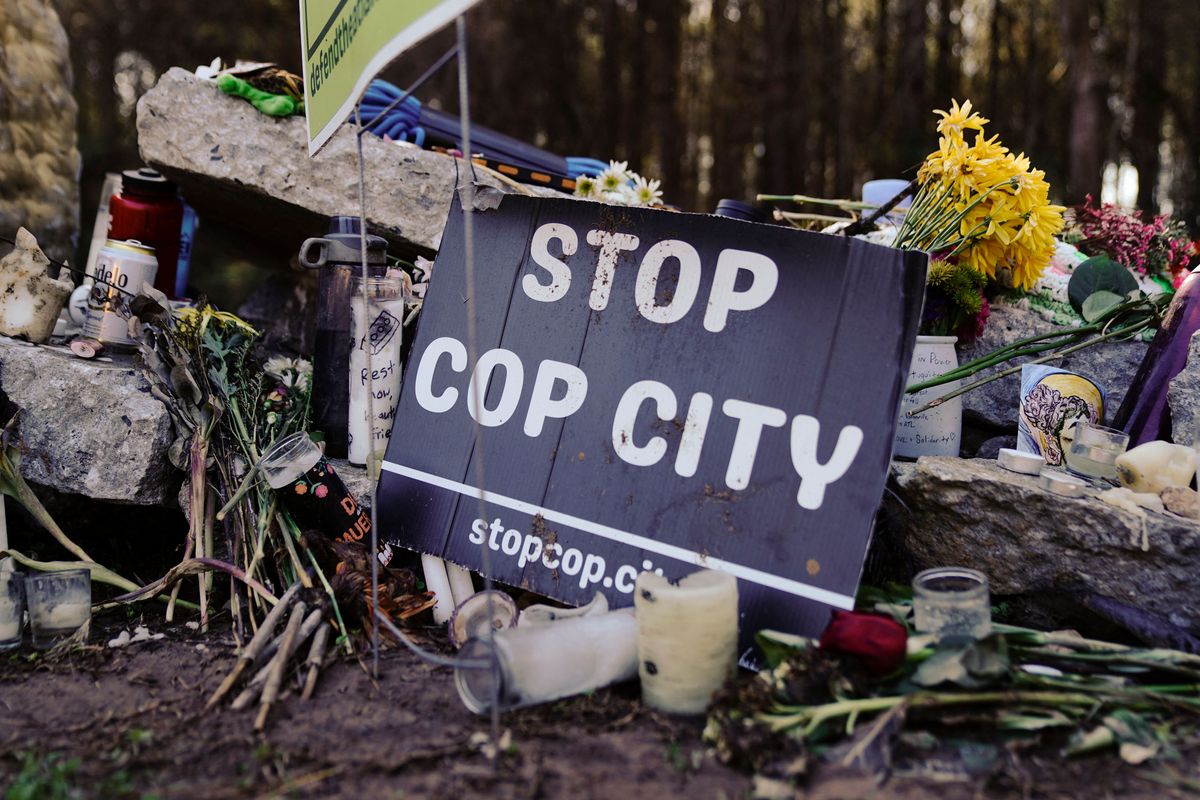
Micah Herskind reported from Atlanta on the ongoing Stop Cop City movement, the release of an autopsy on the police killing of Tortugita, and the increased use of bullshit domestic terrorism charges against dozens of protesters.
Police have worked to intimidate and suppress the movement from its inception. On the day of the final City Council vote in favor of Cop City in September 2021, police arrested 11 protesters who were demonstrating outside a council member's house. Protesters were there because council meetings were still being held virtually, with members participating in meetings from their homes. Since then, there have been continual arrests and harassment of protesters. Following a peaceful May 2022 rally, police arrested 17 people who were dispersing from the rally. Ashley Dixon, an organizer with Showing Up for Racial Justice, was one of the arrestees. As protesters were leaving and conversing on the sidewalk, Dixon told me, “A police officer came running towards us and handcuffed us to each other…telling us we were under arrest and charged with 'pedestrian in the roadway', even though we were just standing on the sidewalk.” Just days later, police made 8 more arrests in the forest.
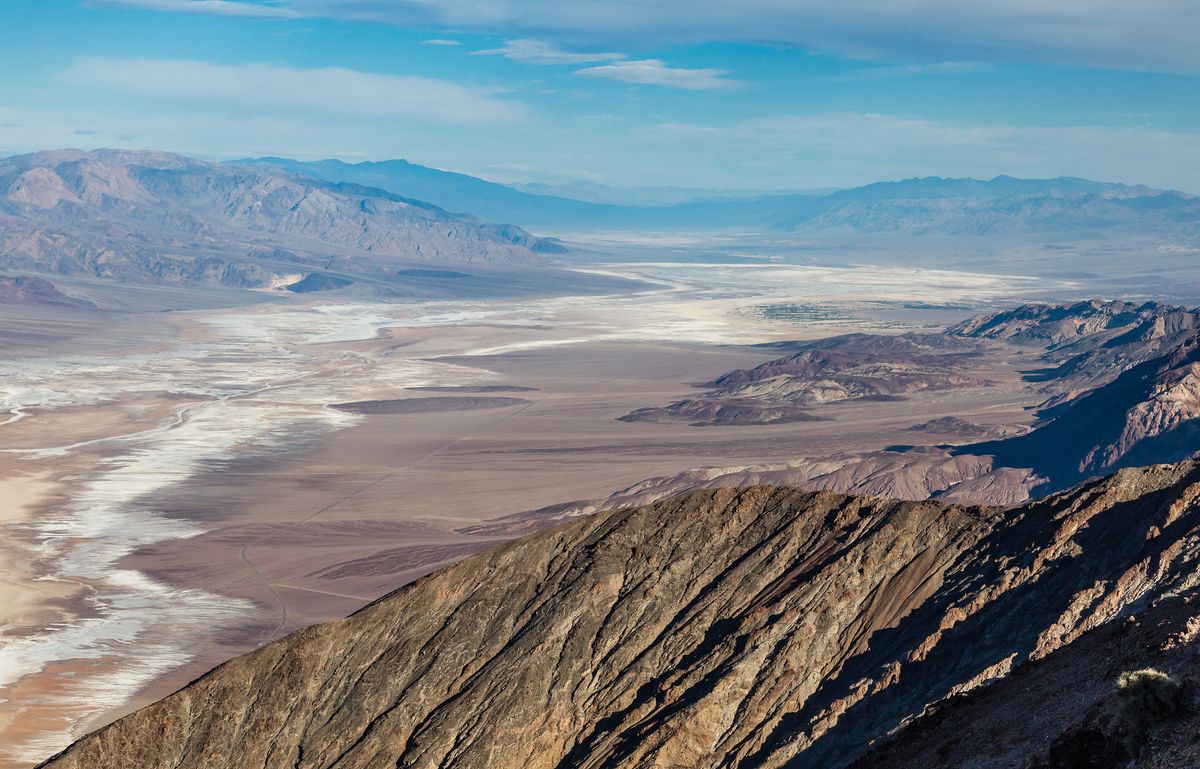
In this one I asked readers to tell me about the experience of watching their parents die.
Closer to the end, just before he was to be transferred to hospice care, I remember shaving his beard. It was the most intimate exchange we ever had. He was about to be carried out his front door and brought by ambulance to a place in Providence where people like him end up, and he wanted to look dignified. By now his beard hair had turned into brittle white straw that fell heavy to the ground when cut. He was cancer personified, but I made him handsome again. I remember holding my breath while trimming his neckline because I was secretly disgusted. He was sleep deprived and stoned and his mouth was usually open at all times by that point, so I didn’t want to breathe in the disease when he exhaled. Of course, I understood intellectually that that’s not really how it all works, but being face to face with oblivion is naturally repulsive and makes you feel things you’re ashamed of later. Still, he was the one who taught me how to shave so returning the favor was a way of saying what we needed to say without saying it.

David Grossman wrote about the protests in Israel earlier in the year against "judicial reform" and placed them in context of the country's founding.
The question of the protests is, I think, are they for liberation from the three-class/apartheid system or not? This is not a question that the Jewish American establishment is prepared to ask, because that would mean to admit Israeli ever practiced apartheid in the first place. Groups like the ADL are focused on convincing you that anti-Zionism is antisemitism (it’s not), and are more than eager to take money from slave-filled autocracies to make their case. They’re going to spin these protests, and their disturbing “victories,” as “democracy in action.”
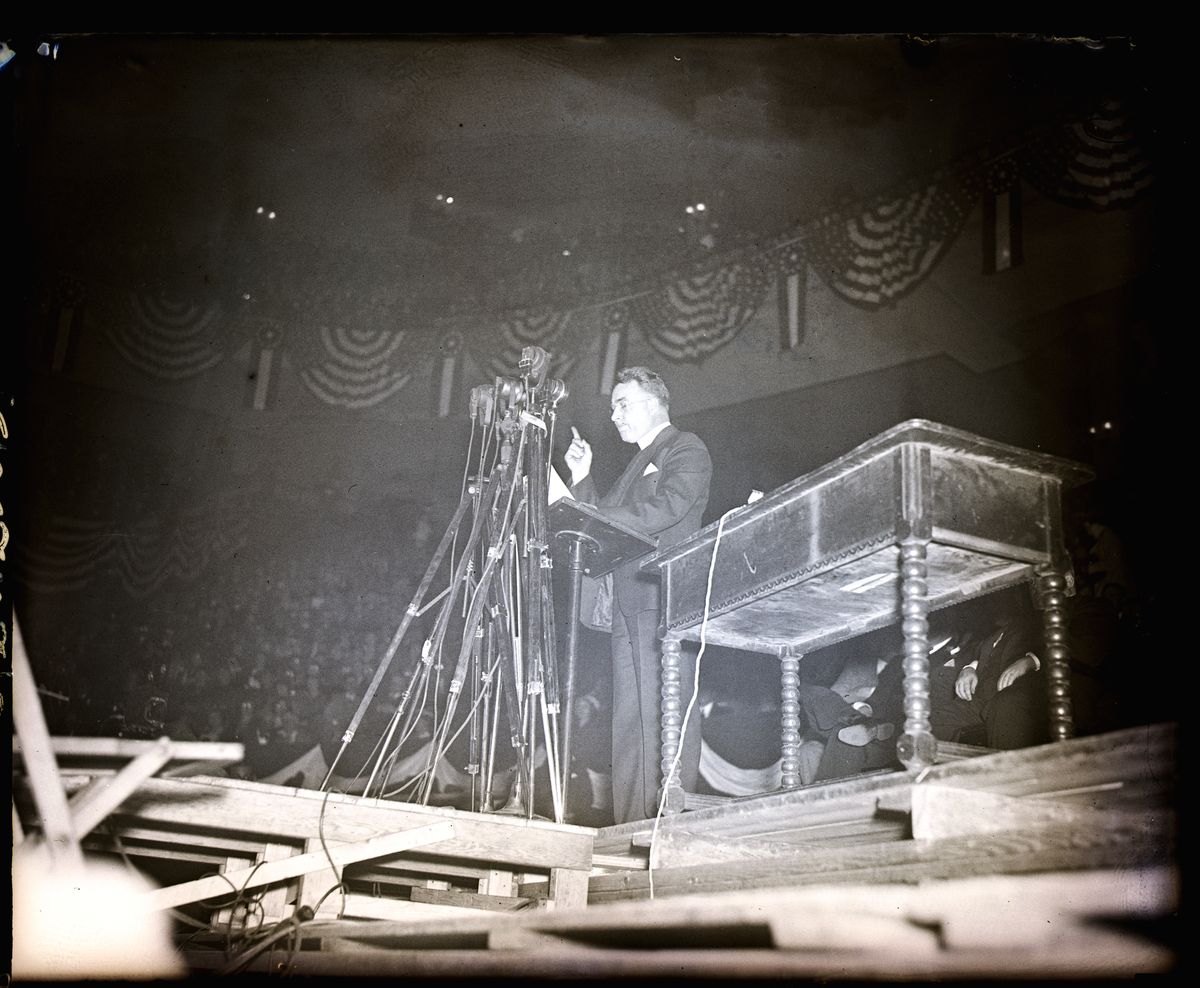
Grossman also wrote about the parallels between Tucker Carlson and 1930s radio phenomenon Father Coughlin.
He’ll surely come back in some form or another, but Tucker Carlson’s sudden exit from Fox News represents the end of something. More than other, more generically conservative talking heads like Sean Hannity, Carlson spoke to a broken country and said that it was, in fact, broken for very specific reasons.
He told America that its military was “shameful,” which it was, but because it allowed women in combat. He decried ruling class “mercenaires” for screwing over workers, which they did, but because of trans rights. He told Americans they were being plundered, which they were, but by undocumented immigrants. He offered conditional praise of Sanders and Warren, hoping to turn their critiques of capitalism towards stopping what he called “demographic change,” which was “more change than human beings are designed to digest.”
This type of worldview, which promotes economic equality for some while promising punishment for others, has a long history in this country.

As well as the assassination of Yitzchak Rabin and the death of the myth of democracy in Israel.
Rabin was killed by a right-winger who was tired of pretending that he lived in anything besides a Jewish supremacist state, and now the nation’s political leaders have created a reality born of the assassin’s bullet. There is some opposition, of course, and not just to the insular fight against judicial reform. While their numbers are far too few, some brave Israelis have come to understand that any fight to save their democracy would be hollow without fighting to end the occupation. The apartheid.
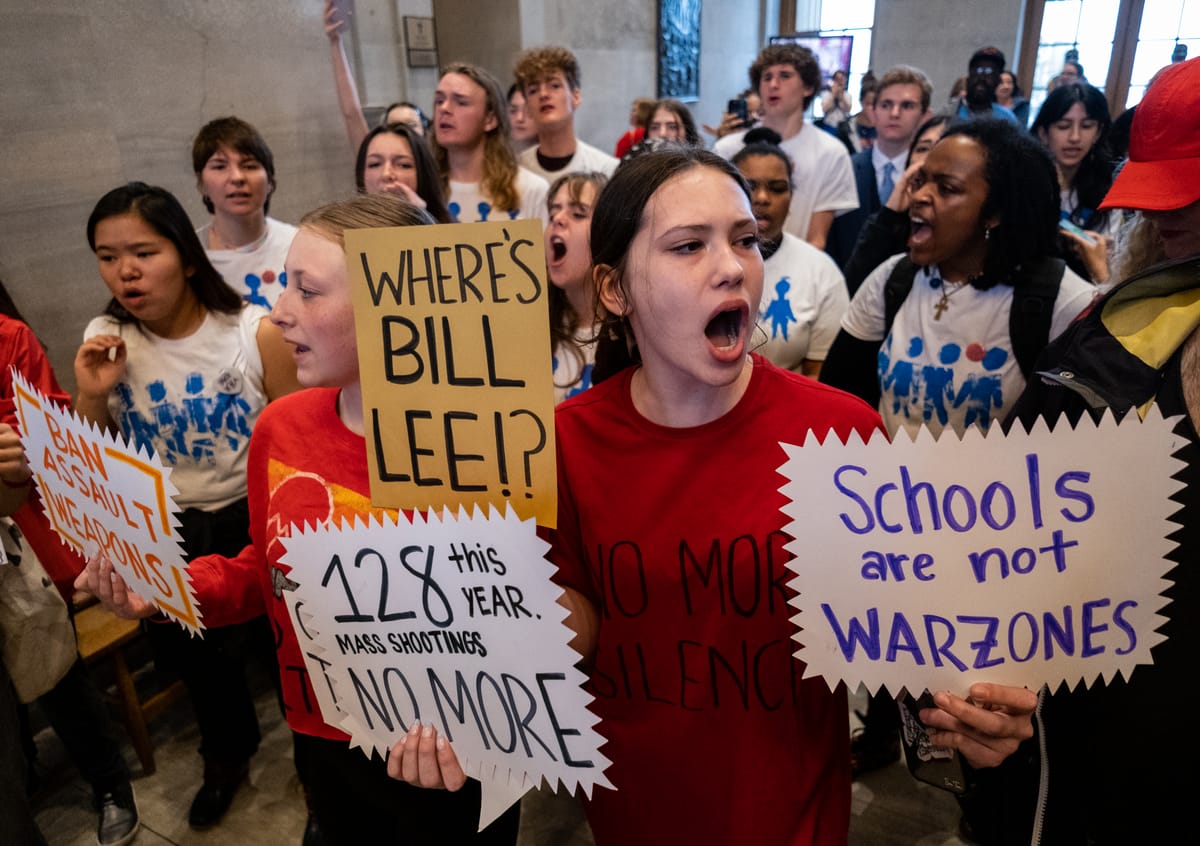
Eli Motycka wrote from Tennessee on the situation leading up to the expulsion of two lawmakers following protests about gun violence back in April.
Why bother passing bills that improve people’s lives when there’s punishment to dole out though? Within hours of the protest, rather than discuss guns or schools, the party’s strong internal hierarchy got to work pushing out Johnson, Jones, and Pearson. A few days before the formal vote, Jones posted online that he’d lost his committee assignment, parking spot, and swipe card access to the Capitol grounds.
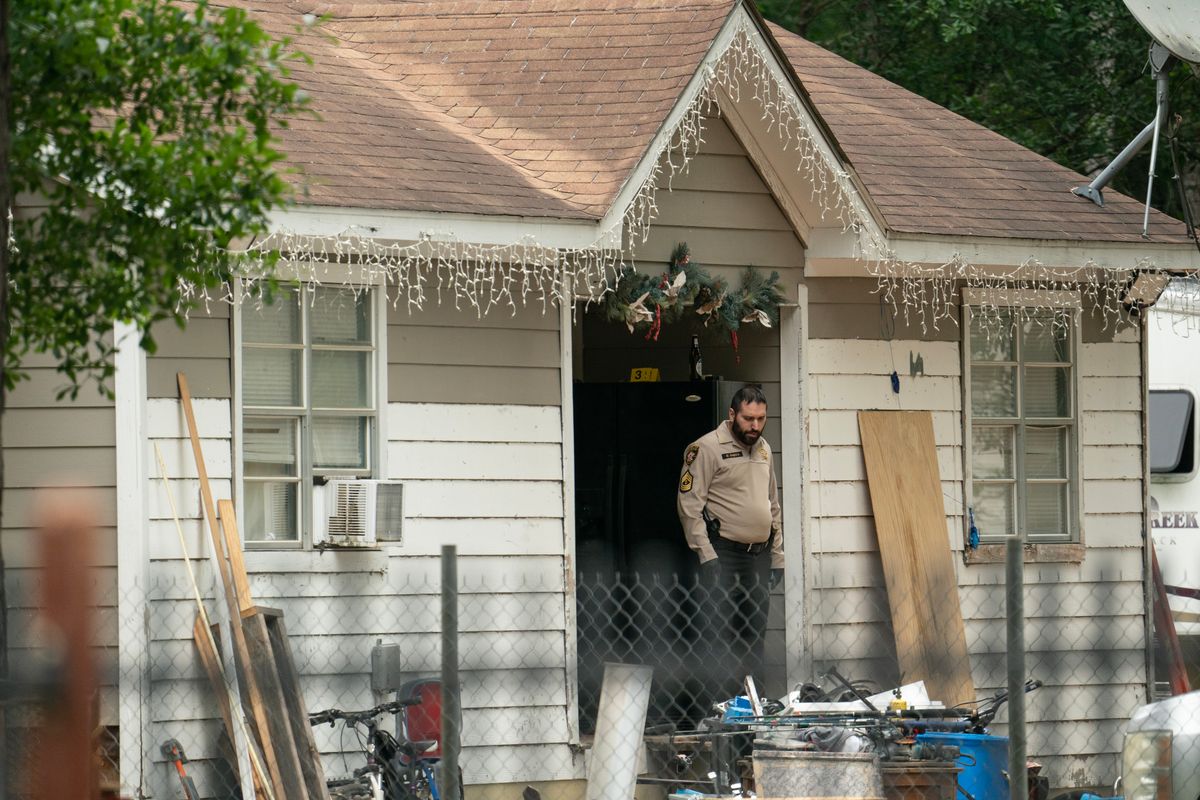
I asked a bunch of people to tell me whether or not anything had changed about how they carry themselves in America over the past few years with the grim spectre of sudden gun violence haunting us all.
I'm a university professor, and when I teach I have my eyes on the doors constantly now. It started six or seven years ago. I actually had a course I taught moved last year because they put me in a room whose doors were behind the podium. I'm not a moron, I know if a guy comes in with a gun I'm done for. I'm too flabby and stupid to believe I'd stand a chance playing the hero. But you never, ever catch me facing away from the door of a classroom, not even in meetings or at lunch or whatever. For what it’s worth it's not intentional either. It's like looking both ways before I cross the street. It's just automatic
I want to be clear I don't do it because I think I'm going to tactical roll over there and karate chop the gun out of the guys hands. I'd probably just shit my pants and then die. But there was a shooting back then that really got to me and I don't even remember which one now.
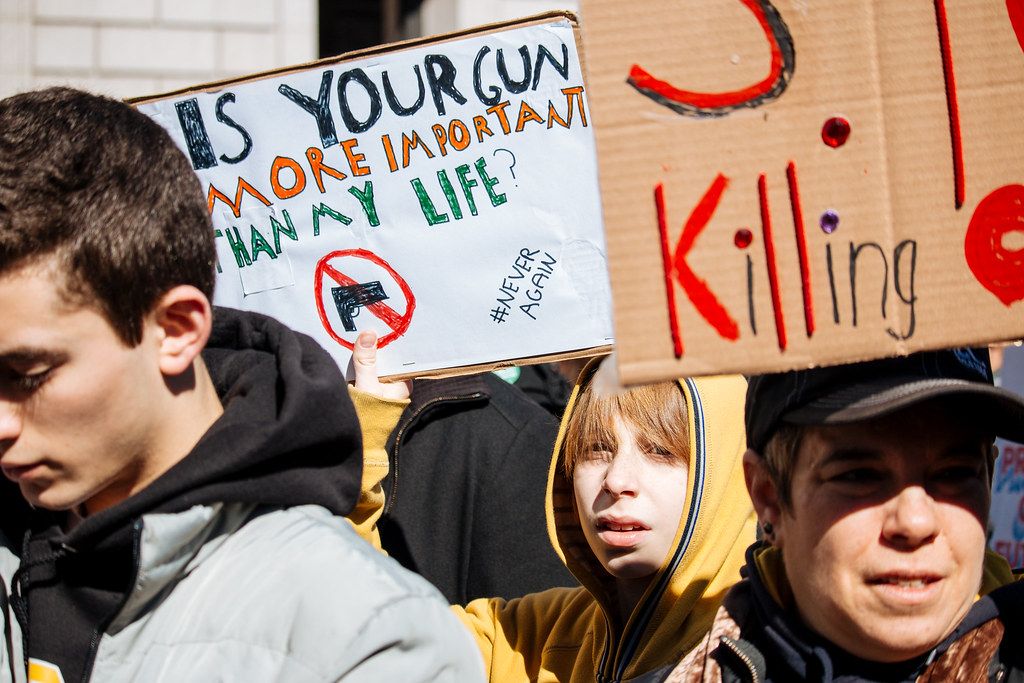
Kevin Koczwara wrote this piece about his own experience as a parent trying to navigate how to keep his young children safe in an era of school shootings while not hiding them from the truth of how things really are in America.
Who can drop their kid off in America today and not fear the worst? Who can go to a mall or a concert or any place really without second guessing the decision? Who would bring a child into this world? Who would bring something so precious as a child into a place filled with hate and violence? My wife and I have. Two little kids — seven and four years old now — who weren’t alive for Sandy Hook or Columbine or Texas Tech or any of the hundreds of other mass shootings before they were born. But they’ve been around for enough mass murders that it feels like they’re possibly numb to it already.
Or maybe I just haven’t explained it well enough to them because I don’t know how.

Our man Max Collins aka Eve 6 ran a few editions of his advice column in Hell World this year. This is one I particularly liked. Here's another one, and another one and one more.
I’m assuming that you, though, being a sensible person, would like some advice on how to extricate yourself from the muck, so let me see if I can get my ass in gear here and offer you something useful. What you’re asking for is help negotiating your resentment. Your righteous anger. And your anger is righteous because you’re right. People failed you. Society failed you. Politicians failed you. Your neighbors failed you. You have this thing now and you might have it for a long time and you didn’t deserve to get it and if things had been done differently you probably wouldn’t have it. That sucks. The potency of your anger comes from its reasonableness. Your anger is appropriate. It’s justified.
That said, let me try and make a distinction here. Yes, anger can be good. It can be useful. It can inspire positive action. It can also slowly kill you.

Our anonymous postal worker correspondent wrote about the unsafe conditions he and others are forced to work under, especially in the summer hear.
For years, USPS has delayed, put off, or lied about providing training or guidance on how to handle high temperatures. Throughout the country, and in particular the American Southwest, this means many consecutive months of triple digit deliveries, 8-12 hours at a time.
While our union brothers at UPS fight for the right to air conditioned vehicles, presently we remain in a fleet closing in on forty years old, long past its expiration, without air conditioning, or anything more than a small dashboard fan that may or may not even work. Internal temperatures in these vehicles can easily reach 140 degrees on a hot summer day, even as it offers many of us literally the only shade we can often find on our route. Personally, delivering inland of the central coast of California, 110 degree days have become an increasing norm.

David Anthony reflected on the life and death of Rick Froberg, the incomparable guitarist, vocalist, and visual artist, best known for his work in punk and post-hardcore bands Hot Snakes and Drive Like Jehu.
Where other two guitar bands often lock into fixed positions of rhythm or lead, Froberg and Reis blurred such designations. One player’s chords enveloped the other, creating washes of borderline psychedelia purely through the way their hands could mutate the strings. Darker chord progressions were transformed into anthemic, cathartic sing-alongs, and major chord harmonies would twist and linger a little too long, becoming discordant blasts of fury through their sheer force of will. Even in Hot Snakes, when they’d viciously down-stroke as if they were both playing the role of Johnny Ramone, they never kept things too straight. Every note had a sinister edge, one that expressed some mixture of contempt, anger, and ambivalence, all mixed into a concoction they could only call their own.

This was a fittingly beautiful and furious remembrance of Sinéad O’Connor by Leila Brillson.
Even from the beginning, Sinéad O’Connor had a patriarchy-sized target on her back. She was a young, unwed mother, from a country roiling with political turmoil. She was poor. She was "bad." Her behavior as a teen got her sent to a Catholic asylum—which is where she learned to hate Catholicism, and she learned she had those pipes.
She also learned, first-hand, what Catholic institutions did to young women.
“It was a prison. We didn’t see our families, we were locked in, cut off from life, deprived of a normal childhood,” she said of her time at the Sisters of Our Lady of Charity laundry in Dublin.
“We were told we were there because we were bad people. Some of the girls had been raped at home and not believed.”


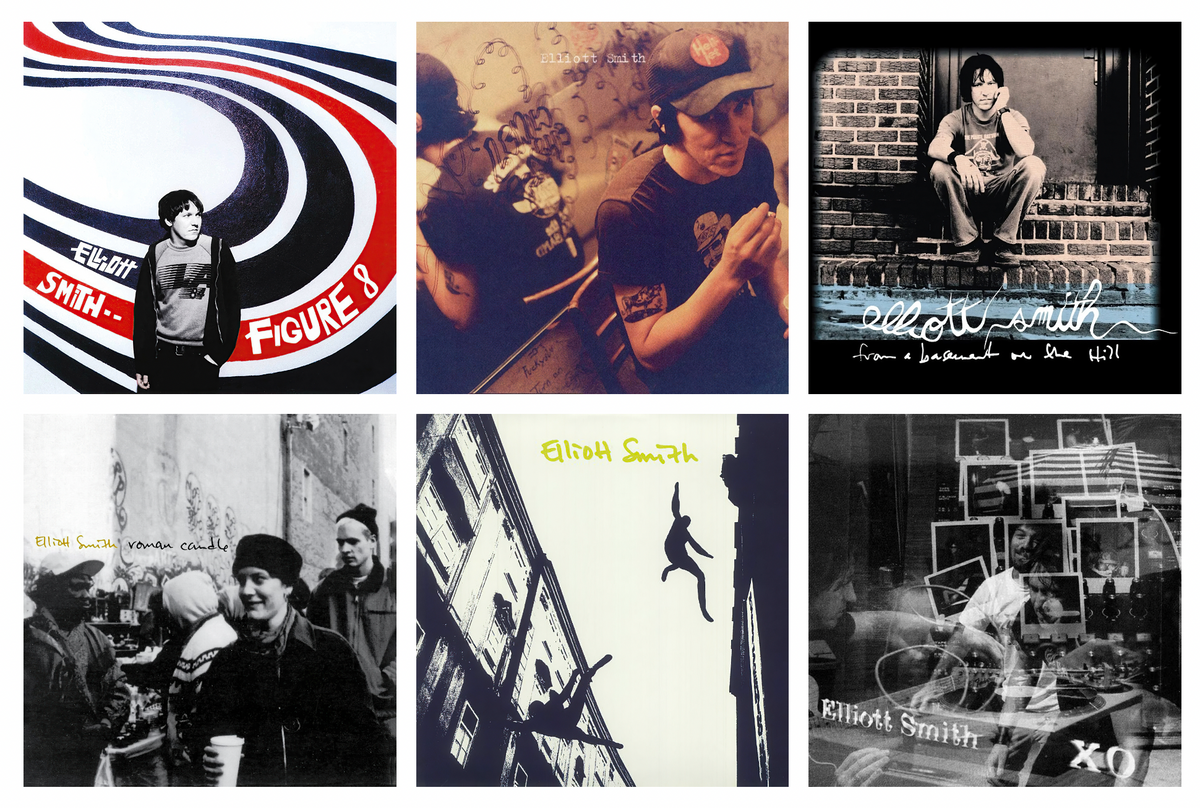

I've shared all these a number of times already, but I can't say enough what a joy it was to have such an amazing collections of people, including members of PUP, Thursday, Pool Kids, Into it. Over it., Murder by Death, and Stay Inside, as well as writers like Dave Holmes, Sasha Frere-Jones, Mike Isaac, Isaac Fitzgerald, Patton Oswalt, Maura Johnston, Larry Fitzmaurice, Rax King, Josh Gondelman, Dan Ozzi, Scott Heisel, Jeb Lund, Jeremy Gordon, Parker Molloy, Annie Zaleski, Leor Galil, Ed Zitron, Jeremy D. Larson, S.I. Rosenbaum, Sean T. Collins and many others write with such love and passion about some of their favorite songs.
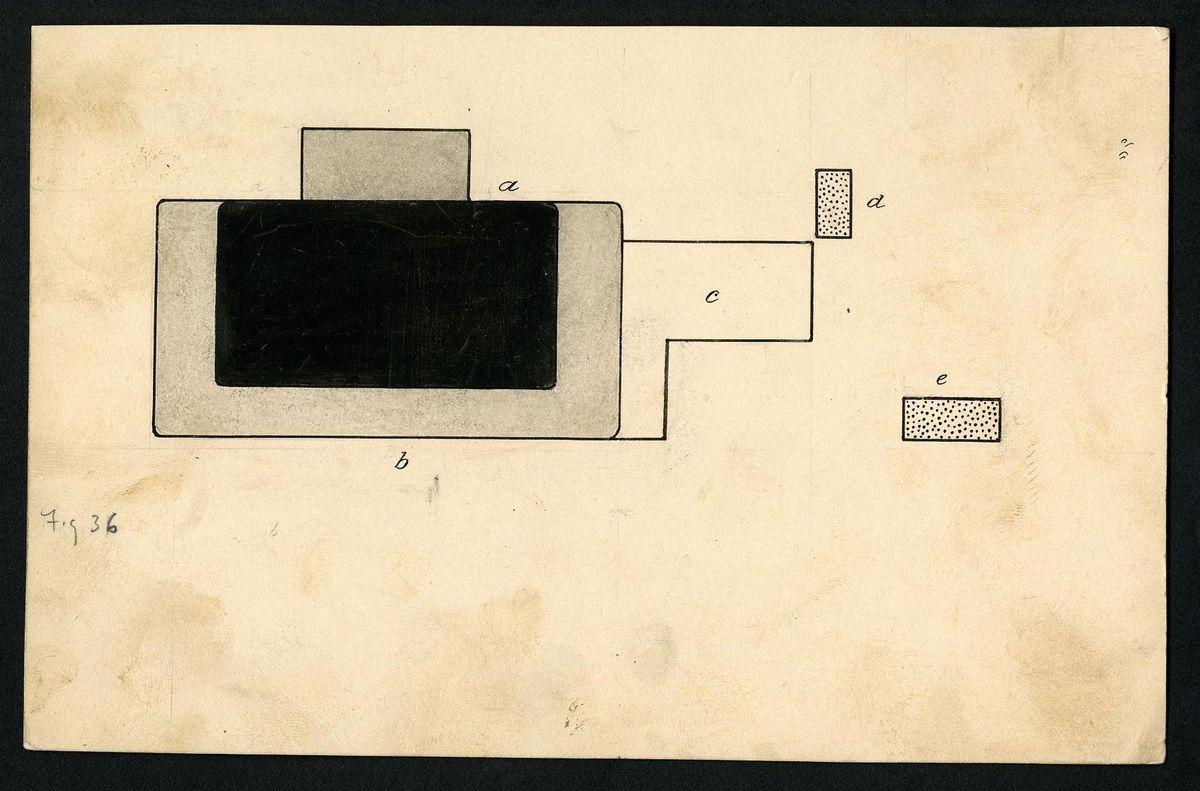
Ann Deslandes wrote here about the recent decriminalization of abortion in Mexico.
"I just found out I am pregnant …. things aren’t good with my partner… anyone know how I can get hold of ‘caramelos’ in Morelia?"
That anonymous post on a Facebook group this week could have been from any given day on any of the hundreds of such groups in Mexico where people share information and give advice and support on getting an abortion wherever one happens to be in the country.
In just this way, people with uteruses across Mexico’s 32 states have organized for years to help each other safely access abortion care. "Caramelos," or candies, is code for misoprostol pills, which are sold in pharmacies throughout the country and can be used to end a pregnancy.

Austin L. Ray explained his efforts to raise money to help cancel medical debt in Georgia.
According to a 2021 study, nearly one in five Americans had medical debt in collections between 2009 and 2020 to the tune of $140 billion. One in five. A 2019 study, meanwhile, found that more than 530,000 people a year who file for bankruptcy cite medical issues as a contributor to the problem. Cool system we have here.
Worse than harassing ailing people during some of the scariest times of their lives, hospitals and medical systems often sue patients for the money they owe instead. Take the University of Virginia Health System for example, who sued former patients 36,000 times over a period of six years. Sometimes for a bill as low as $13.
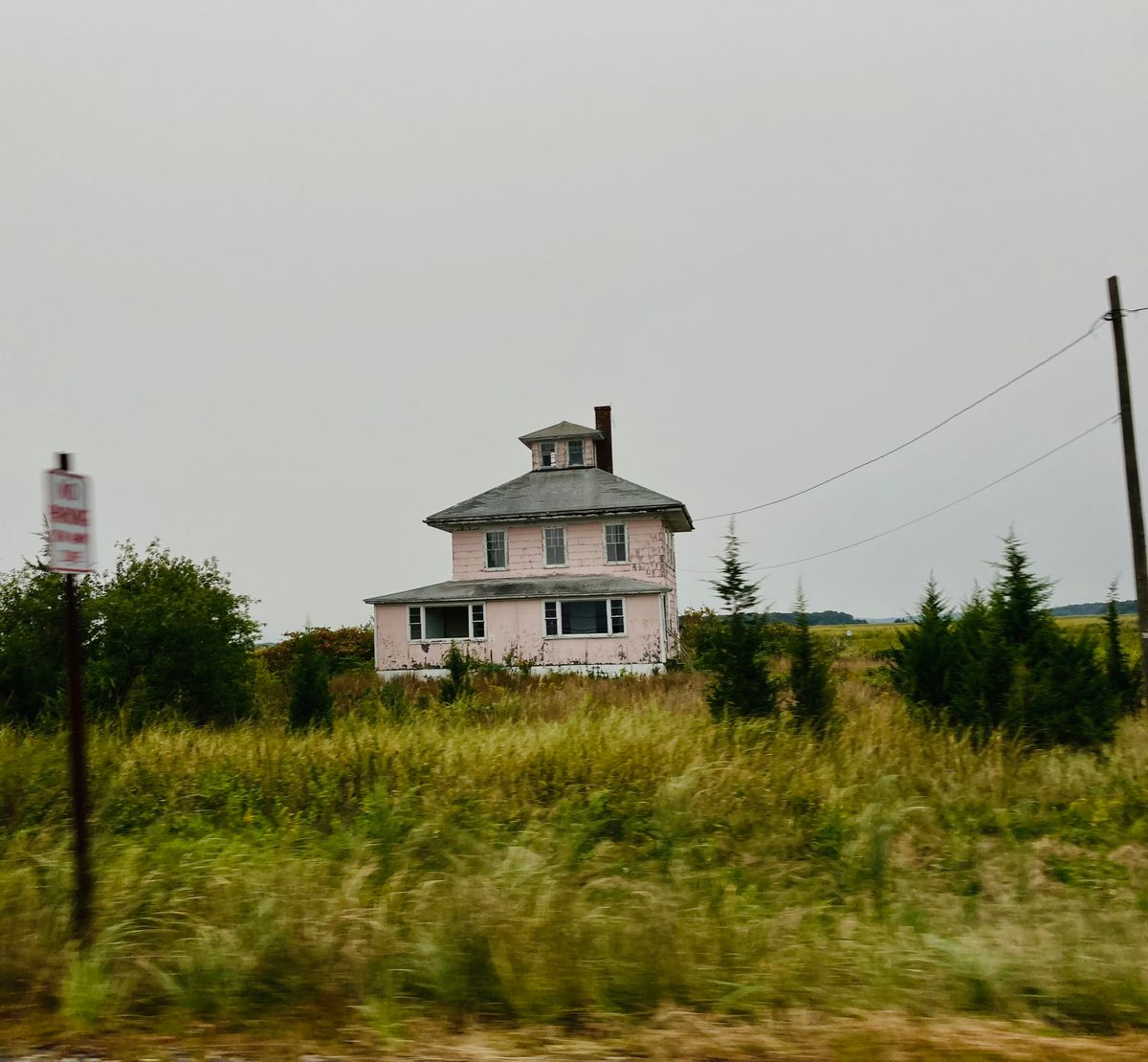
In this one Sam Thielman dug into the case of Joseph Roberts, formerly the right wing poster boy for how the #MeToo movement has gone too far who was arrested for the murder and dismemberment of his girlfriend.
If you’re looking for a starting point for the whole online incel culture thing this early-to-mid 2010s period is a reasonable candidate. There were already all these guys in stupid hats who were trying to sell you their books about how to be a pick-up artist or get you to come to their seminars, but after the Title IX change a lot of them got really aggressively political and right-wing and whiny. That was how you got “the manosphere” and “gamergate” and “comicsgate” and a bunch of other really sickening, violent subcultures of divorced guys in their fifties telling virginal guys in their teens that women were vile succubi who wanted to drain their life forces.
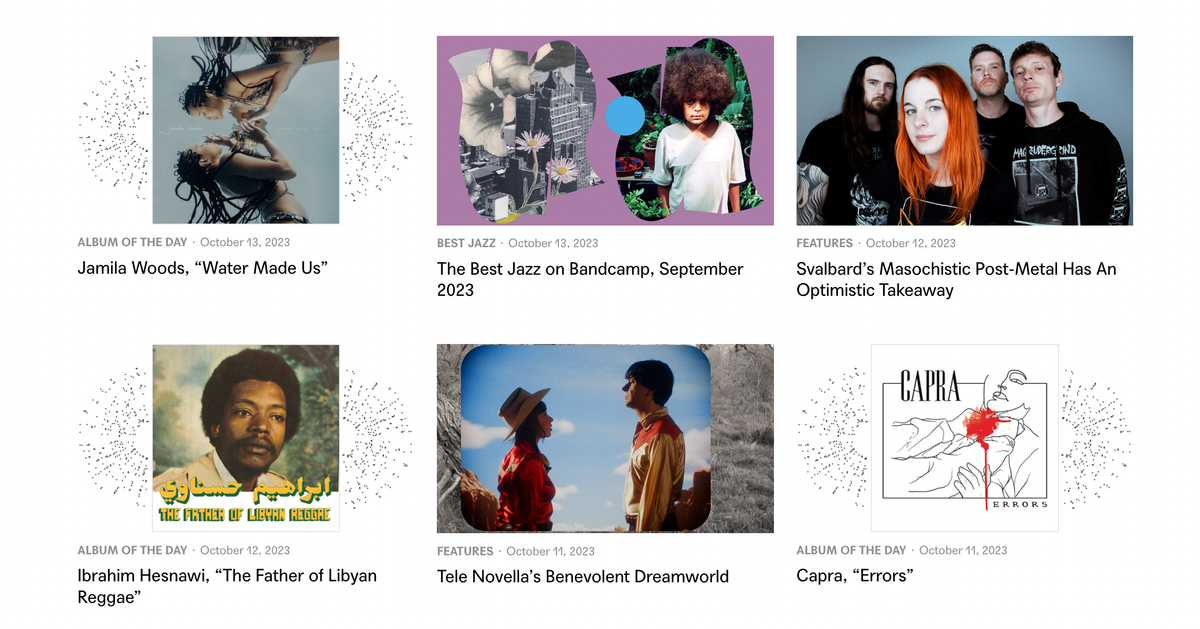
"They can – and will – ruin everything you love and wipe it from existence," Miranda Reinert wrote on the recent purchase of Bandcamp.
This has been the first blow to Bandcamp’s pretty untouchable reputation. While Bandcamp has always been a tech company, it has also long been seen as a line of defense against the big, bad music streaming services, and has held a culture of its own as a discovery tool for underground, independent music. It is a website that has been able to garner goodwill on all three prongs of its offerings. It’s a music journalism outlet – importantly, that pays – uniquely interested in underground, independent art. It’s a natural extension of the reputation of being able to stumble upon great, independent music via the database of extensively tagged music. Bandcamp Daily has been a beacon of interesting and diverse coverage in a music journalism landscape that is increasingly only interested in finding a way to shoehorn Taylor Swift in wherever they can.
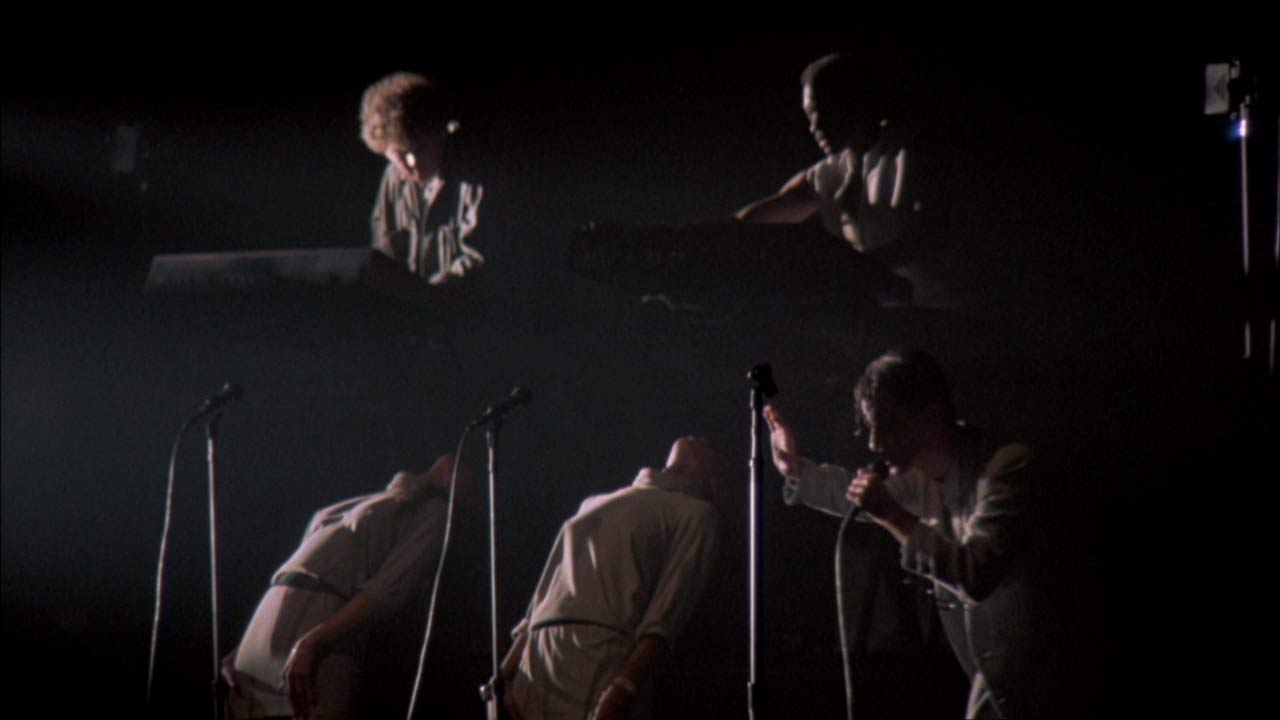
Donald Borenstein went long on Stop Making Sense.
When people talk about the uniquely filmic feel of Stop Making Sense, what they’re talking about, consciously or not, is the way this film uses light better than any filmed musical performance in human history. It creates a beautiful subconscious narrative flow between the tracks in a way that no interlude and no behind the scenes moment ever could. This is best felt in the transition between “What a Day That Was” and one of the greatest love songs ever written, “This Must Be The Place (Naive Melody).” The hard, infinite shadows give way to Byrne bathed in a single lamppost, a soft, dim, warm light that eventually starts to spread to the entire stage as he begins his iconic dance with the lamppost. It is an unmistakable shift in the mood. The anxiety never leaves the band’s sound – what is a Talking Heads song without it? – but the setlist for the remainder of the show feels and looks unmistakably looser from here.

Annie Howard looked back on the anniversary of the Club Q nightclub shooting and reflected on growing up queer in Colorado Springs.
Decades after it was known as the “Hate State” for its over-the-top homophobic policymaking, does it do much good that Colorado is now considered one of the Rocky Mountain region’s most gay-friendly states if poor queers are forced into homelessness because their rents have been jacked up? Who benefits from having a gay governor if all working people are constantly at risk of not being able to pay their bills? Why does it feel that over and over we are told that gay life has been made easier in the course of the 21st century, when a few generations ago, a gay person could at least find an apartment that didn’t consume their entire paycheck, and could improvise just enough of their other needs in collaboration with other queers, no matter the hostility they faced from straight society? These are impossible questions to answer, yet are often the first that jump to mind as I ponder the deeper forces remapping the place I once called home.

Maybe my favorite piece I ran this year was by Rax King on Priscilla.
After young Priscilla Beaulieu’s first visit to one of Elvis’ parties while he’s stationed in Germany, her parents try (feebly, I might add) to bar her from seeing him again. Her response isn’t that she loves him or that he’s important to her. Instead, she mumbles “there’s nothing to do here” and storms out of the room. Priscilla has long suffered from the same suspicion that plagues well-behaved girls everywhere, which is that the whole world is having fun at a glamorous party you alone weren’t invited to. Elvis literalizes this for her, welcoming her into a world that is itself one big glamorous party, where the music never stops and there’s a drug to induce every mood you could possibly want to have. He leaves Germany, and she can’t think about anything but him — because she misses him, sure, but also because he took the keys to the party when he left.
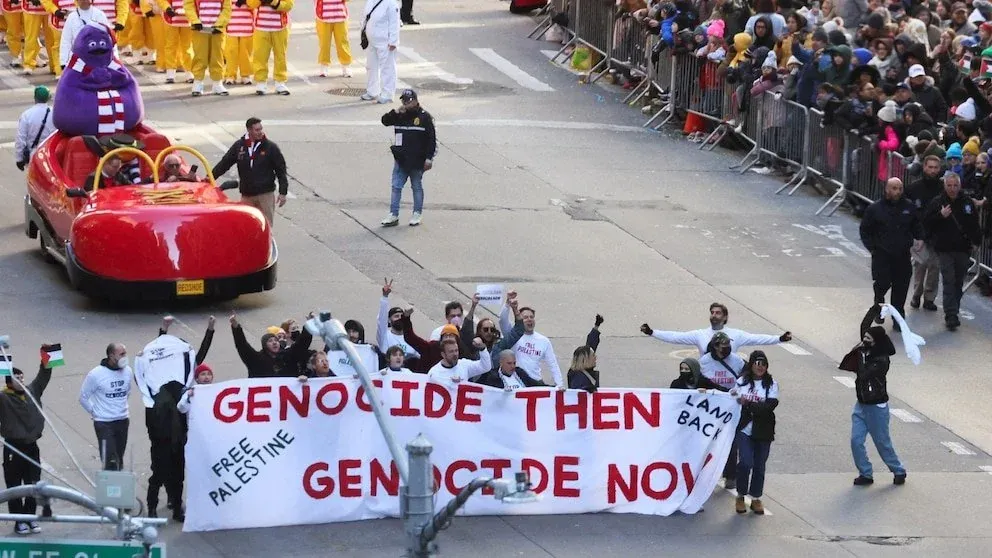
Evan Greer of the digital rights nonprofit Fight for the Future covered a slew of harmful internet censorship bills currently being considered by Congress.
"The two most bipartisan issues in Washington, D.C. are funding endless war and censoring the internet."
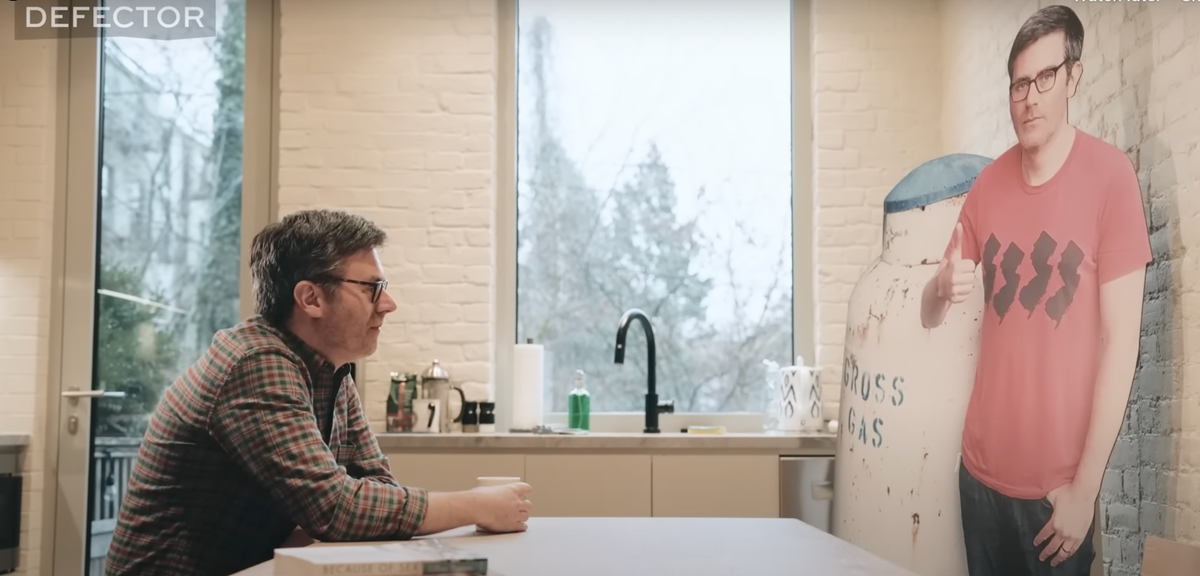
David Roth and I had a very good talk about the state of the media.
Popular Science has been around like 150 years. Jezebel has been around like fifteen years. When you buy sites like that, with an archive of old stories that people are gonna find and that show up in search results, and in many cases are very good and very useful, that in itself is worth something. You'll make money just having that. They're not gonna make a ton of money, but you're not spending any new money on it either. Why would you destroy the value that's latent in that, just so that you can ride a website all the way down into the ground? Until it is completely indistinguishable from the shit that we were talking about where it's “Calista Flockhart today will depress you”? Every website has to be that? Just because it's cheaper to do?

And Sean T. Collins wrote about Godzilla Minus One.
Yamazki’s film is the best and worst of humanity refracted through a radioactive green lens. It’s uranium glass. It makes you feel the colossal weight of the crimes committed by both sides in World War II, embodies them in the form of Godzilla, and unleashes it on people who do not deserve to suffer and die. What more could you possibly ask from a horror movie?
OK THAT'S WAY MORE SHIT THAN ANYONE COULD EVER HOPE TO OR WANT TO READ. GOODBYE FOR NOW.
